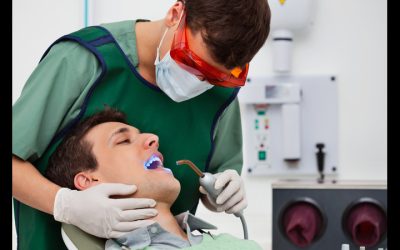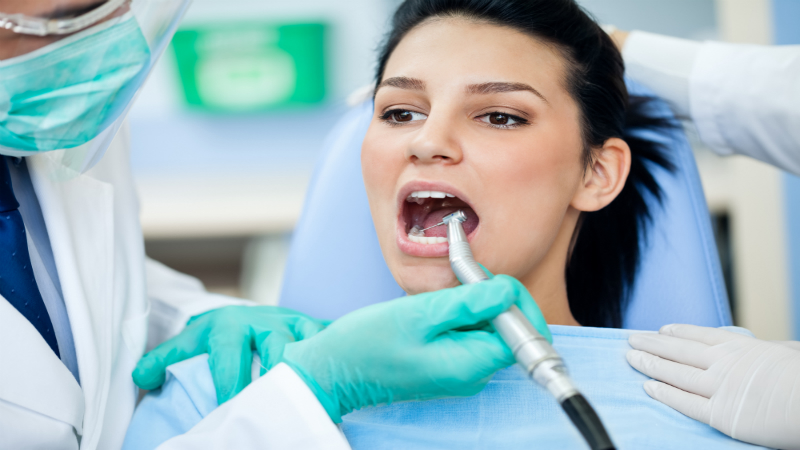Sedation dentistry is very important for people who have a severe phobia of dental treatment, a sensitive gag reflex or find it impossible to sit still through an appointment. This form of dentistry allows a fearful patient to be able to relax enough for a Sedation Dentist Charleston, SC to perform needed dental procedures such as cleanings and fillings.
A Sedation Dentist Charleston, SC utilized sedatives to allow a patient to be able to relax and remain calm during dental care. The most commonly used sedatives include nitrous oxide, anti-anxiety medications, or tranquilizers. These medications can be given intravenously, by injection, in pill form, or by inhaling gas. Dentist who practice oral sedation dentistry use a class of drugs known as benzodiazepines to relax their patients. These drugs include lorazepam, diazepam, and triazolam. After a patient is given this medication, they are still awake but calmer and less sensitive to what is going on in their surroundings. These medications also decrease the feeling of pain or discomfort during the procedure. Sedation dentistry also allows the doctor to perform numerous dental procedures in one visit instead of dragging it out into multiple visits.
Since everyone acts or reacts differently to any medication, the patient is carefully watched after the drug is administered. Patients also fill out an extensive medical form to determine what medical issues they have and what other medications they are taking. Although sedation dentistry is a relatively safe procedure, taking any medication has risks. The medicine used could interact with a medical condition the patient has or other medication being taken. That is why it is so important to let the Charleston, SC know of any medical issues and all medication being used.
There are other types of dental sedation where a patient is completely unconscious during the procedure. Whatever type of sedation is chosen, the patient will need to be transported to and from the visit. Due to the sedative effects, it is not recommended that the patient drive or operate any machinery until all sedation effects have subsided. Plan to take the day off work or not return to work after the procedure to allow enough time to recover from the sedation and the dental work performed. Click here to know more.
You can also visit them on Facebook.



